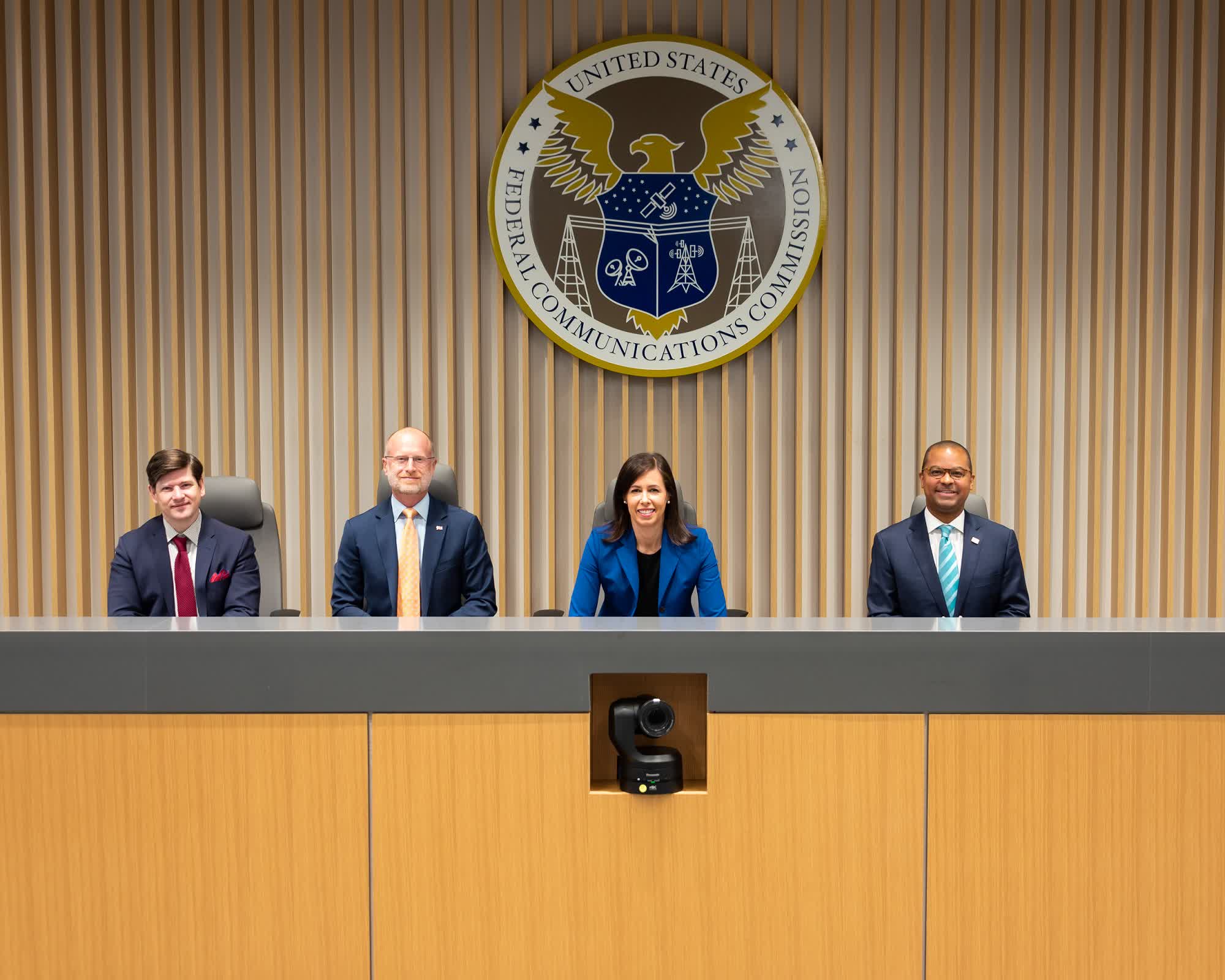Why it matters: From social media and content streaming to telework, file-sharing, and e-mail, the amount of data the average household uses is increasing annually. Despite that rise, many broadband providers have data caps restricting user connectivity. Unfortunately for those providers, the practice has drawn the attention of the Federal Communications Commission.
Consumer data consumption has increased exponentially in a little over a decade. According to broadband insight reports from OpenVault, monthly household data usage has skyrocketed from an average of 9 GB per month in 2010 to more than 587 GB per month in 2023. The increase marks an eye-watering 6,422% increase in the past 13 years.
Despite this growth, some providers continue to limit the amount of "unlimited data" that customers can use before connections are throttled or, in some cases, even disabled. The Federal Communications Commission (FCC) noticed these practices and is taking steps to begin gathering the data necessary to understand why this is necessary.
Chairwoman @JRosenworcelFCC called on the support of her fellow Commissioners to move forward a proposal to learn more about how broadband providers use data caps on consumer plans. https://t.co/bBIf2RiCmm
– The FCC (@FCC) June 15, 2023
The FCC wants to understand why data caps are needed, evaluate the impact on broadband consumers, and determine whether action is required to ensure future data caps do not harm provider competition or consumers' access to services. It acknowledges that some providers removed or delayed their data caps in response to the COVID-19 pandemic and subsequent increase in home broadband usage. However, some ISPs either continued imposing caps or intend to enact/reenact them with the pandemic's passing.
Additionally, the FCC wants feedback, stories, and information from consumers describing how these data caps affect their lives and livelihood. Consumers can complete the new Data Caps Experience Form to provide the Commission with valuable first-hand information on the impact of these caps, focusing on their effects on consumers with disabilities, low-income consumers, and historically disadvantaged communities with limited access to online education, telehealth, and remote work options.
The @FCC opened a new portal for consumers to share how data caps have affected their access to broadband to help the agency understand their impact on consumers. Share stories here: https://t.co/tqzFZEPaIu.
– The FCC (@FCC) June 15, 2023
Commission Chair Jessica Rosenworcel believes internet access is a required service, not a luxury, for users worldwide.
"As we emerge from the pandemic, there are many lessons to learn about what worked and what didn't work, especially around what it takes to keep us all connected," Rosenworcel said. "When we need access to the internet, we aren't thinking about how much data it takes to complete a task, we just know it needs to get done. It's time the FCC take a fresh look at how data caps impact consumers and competition."
